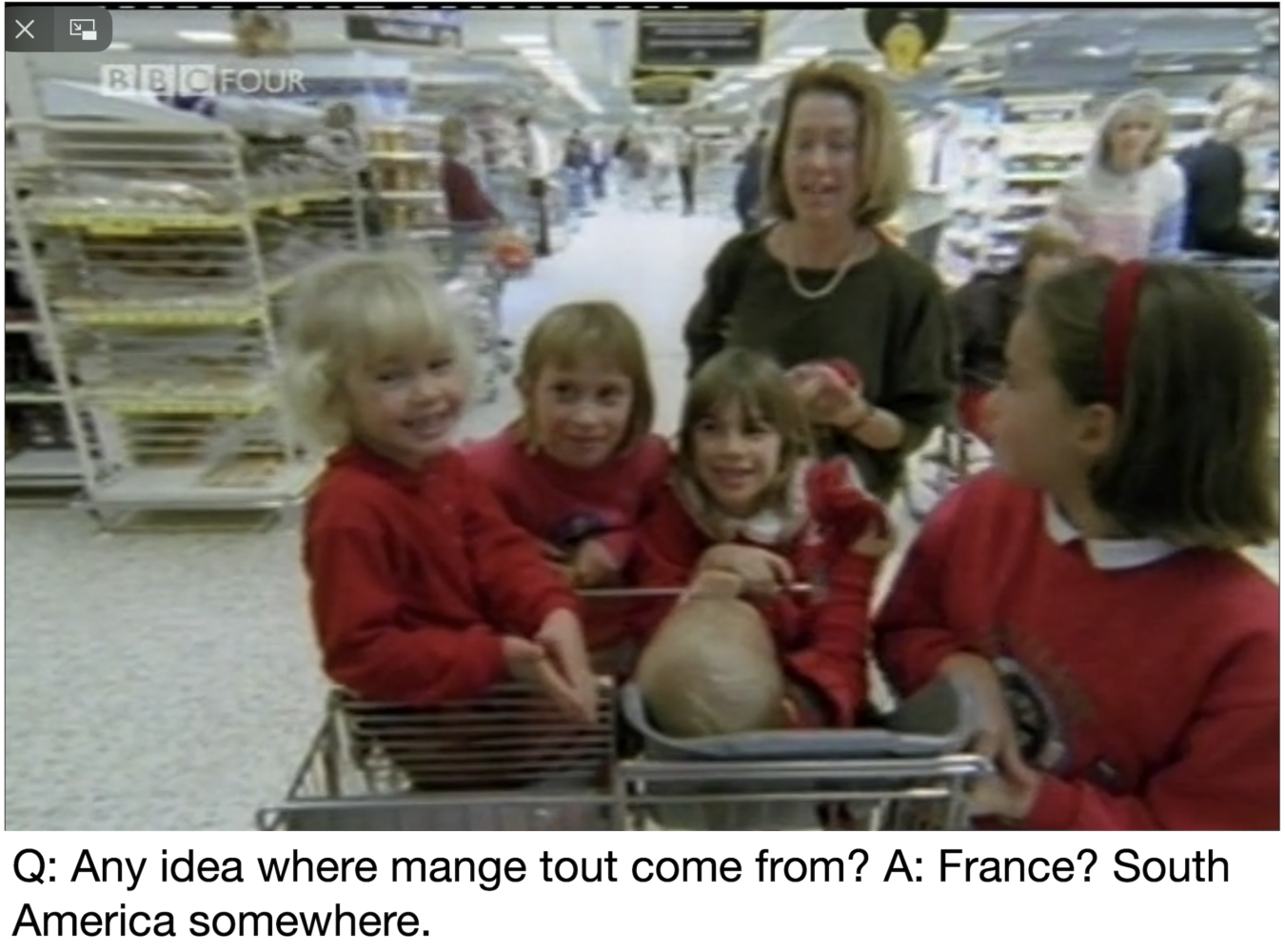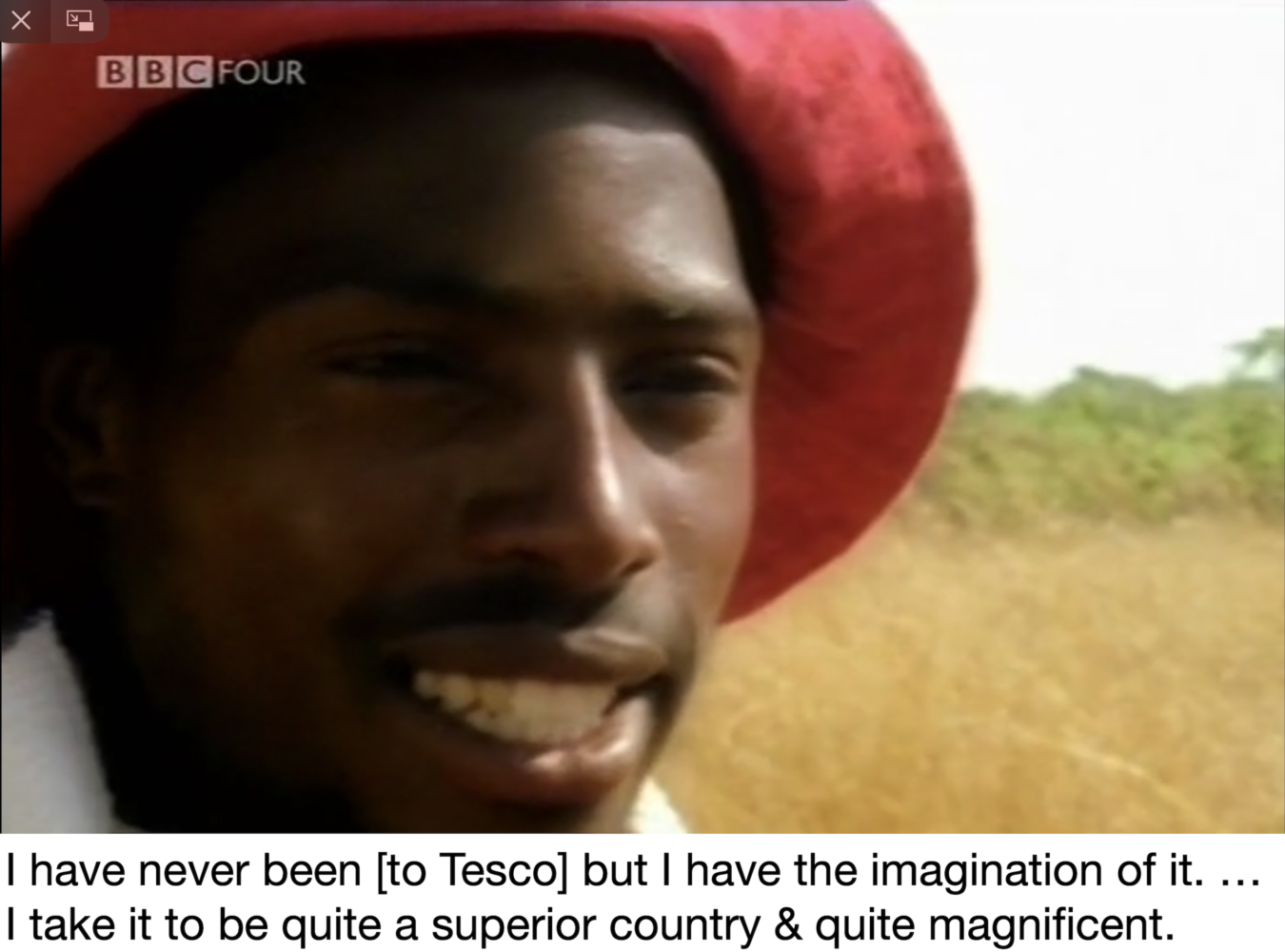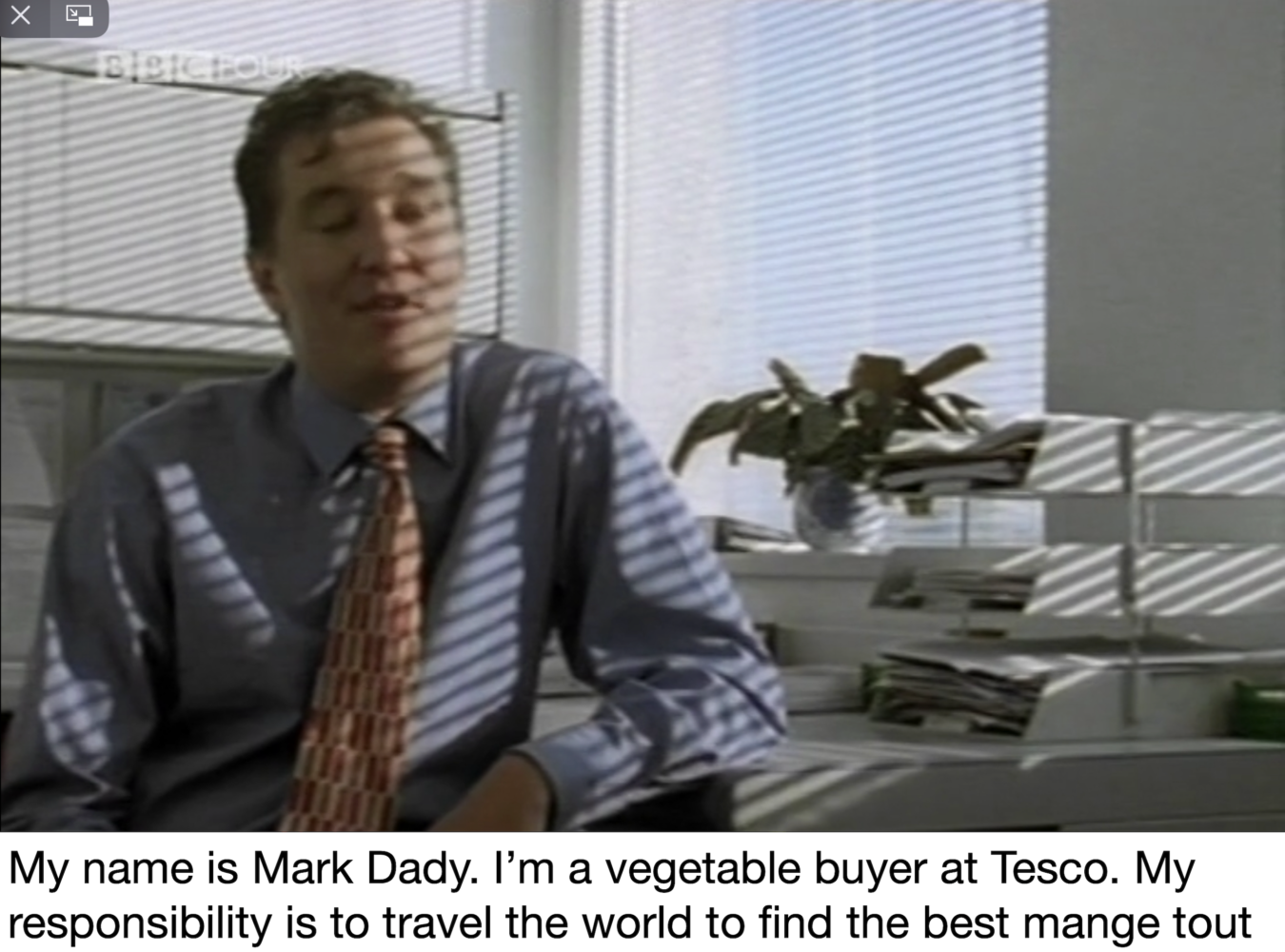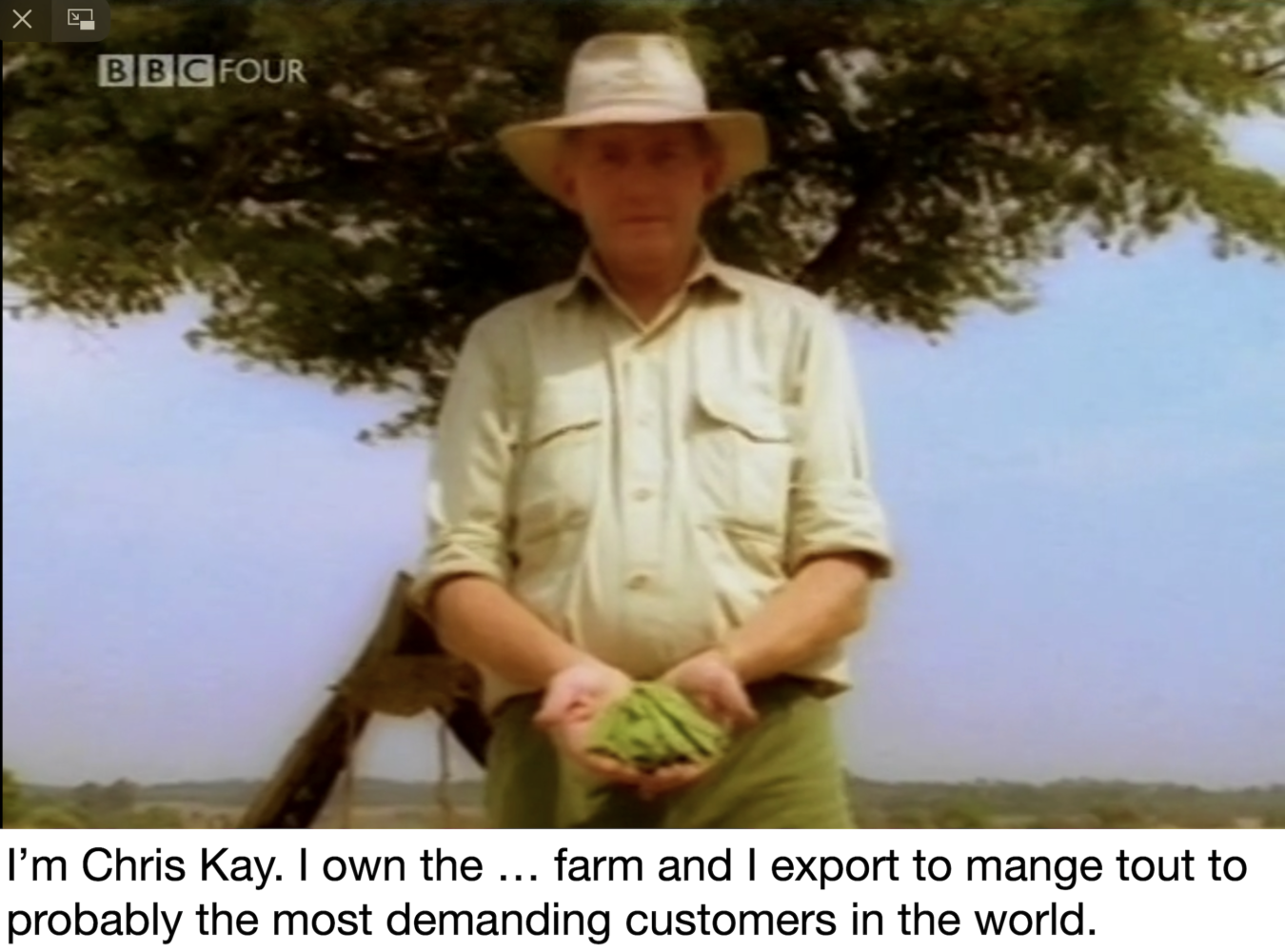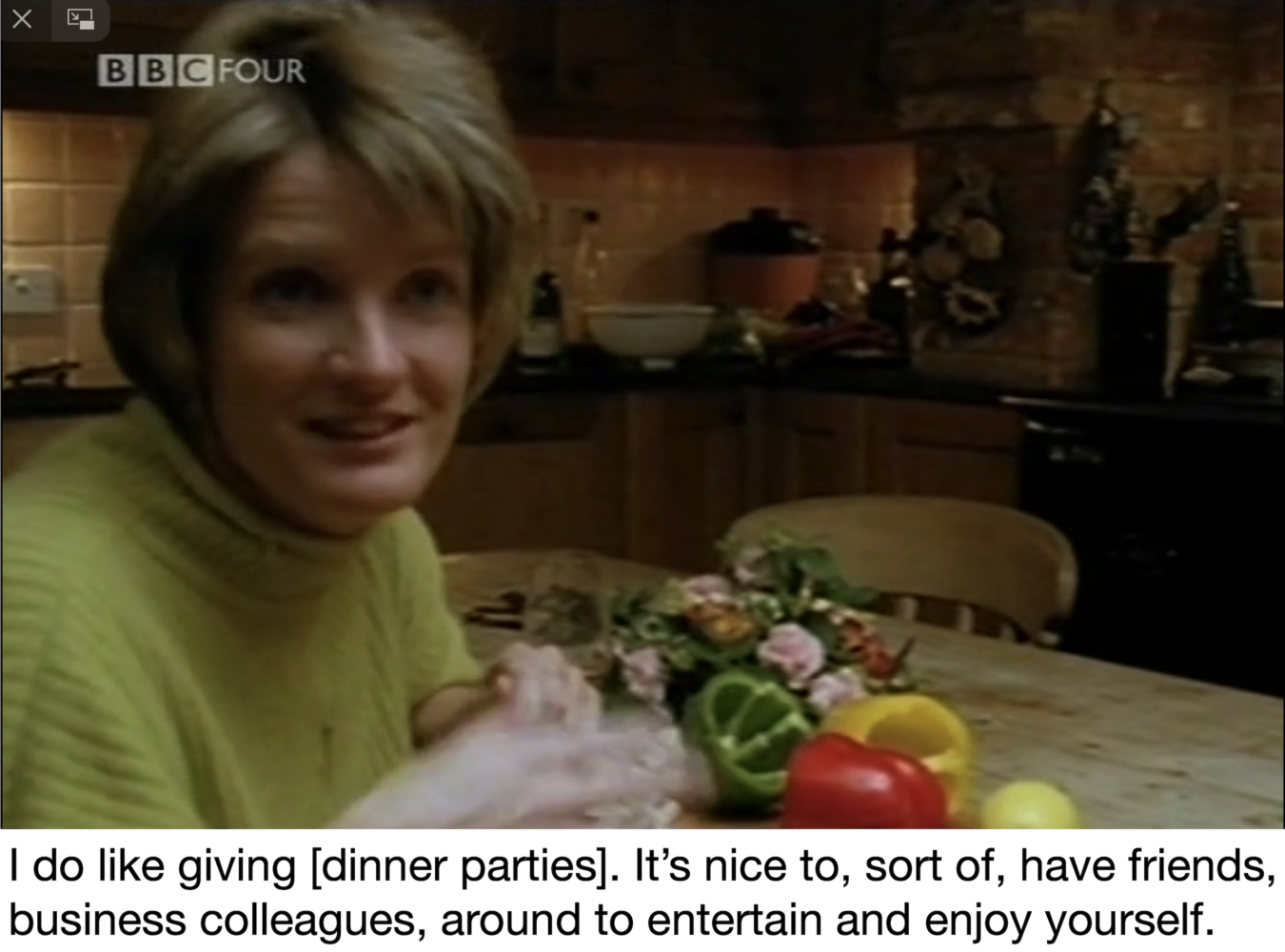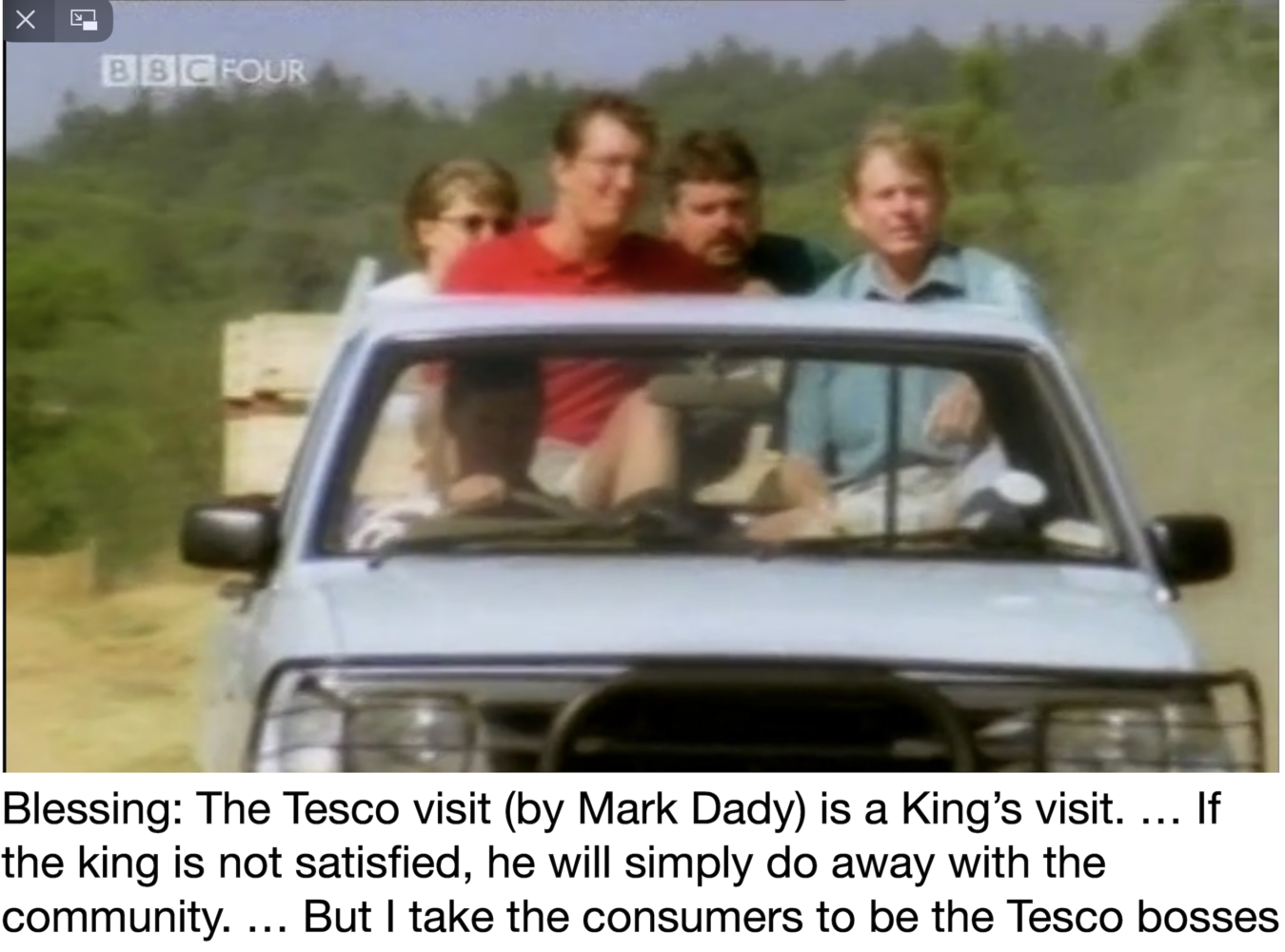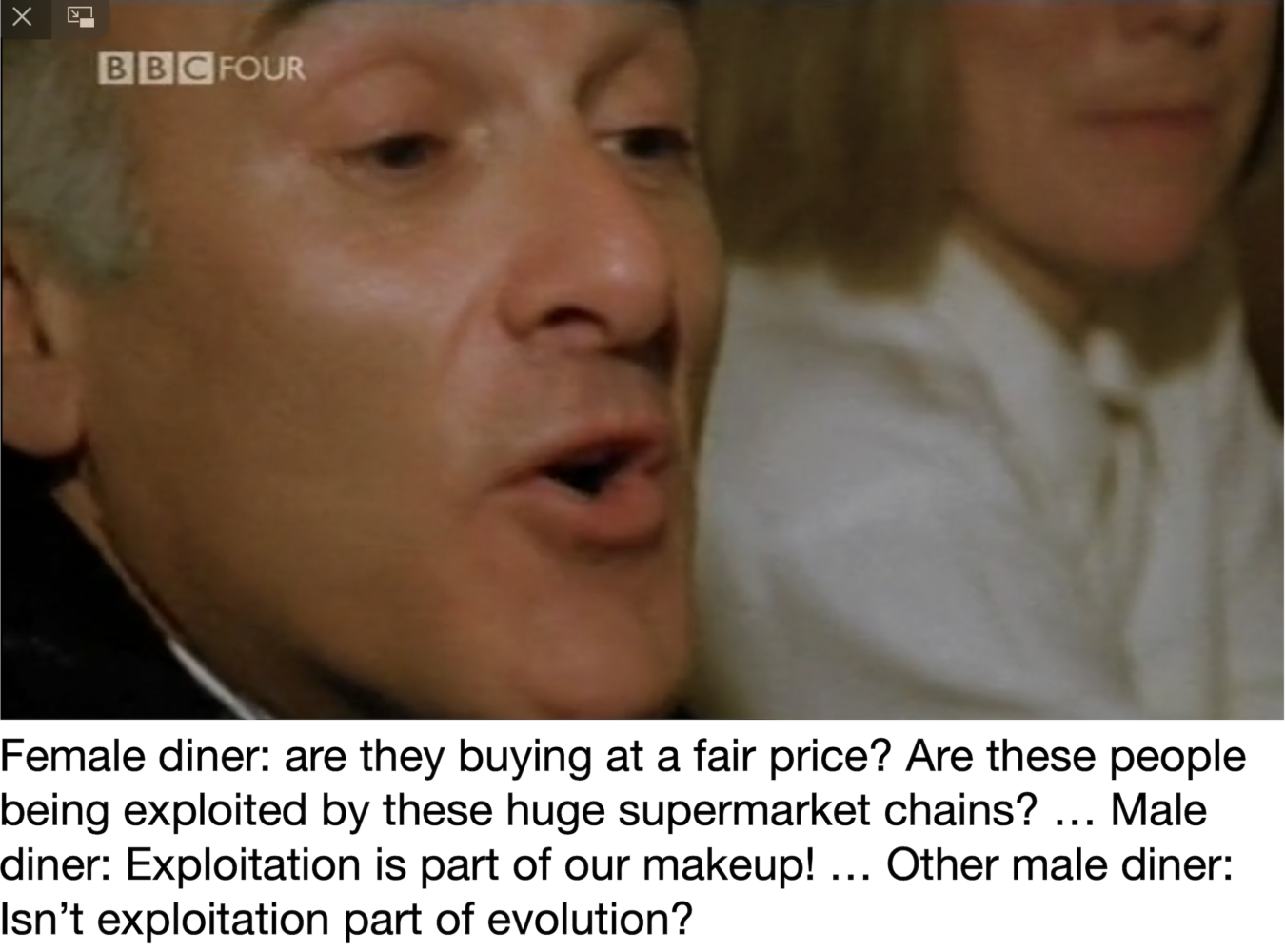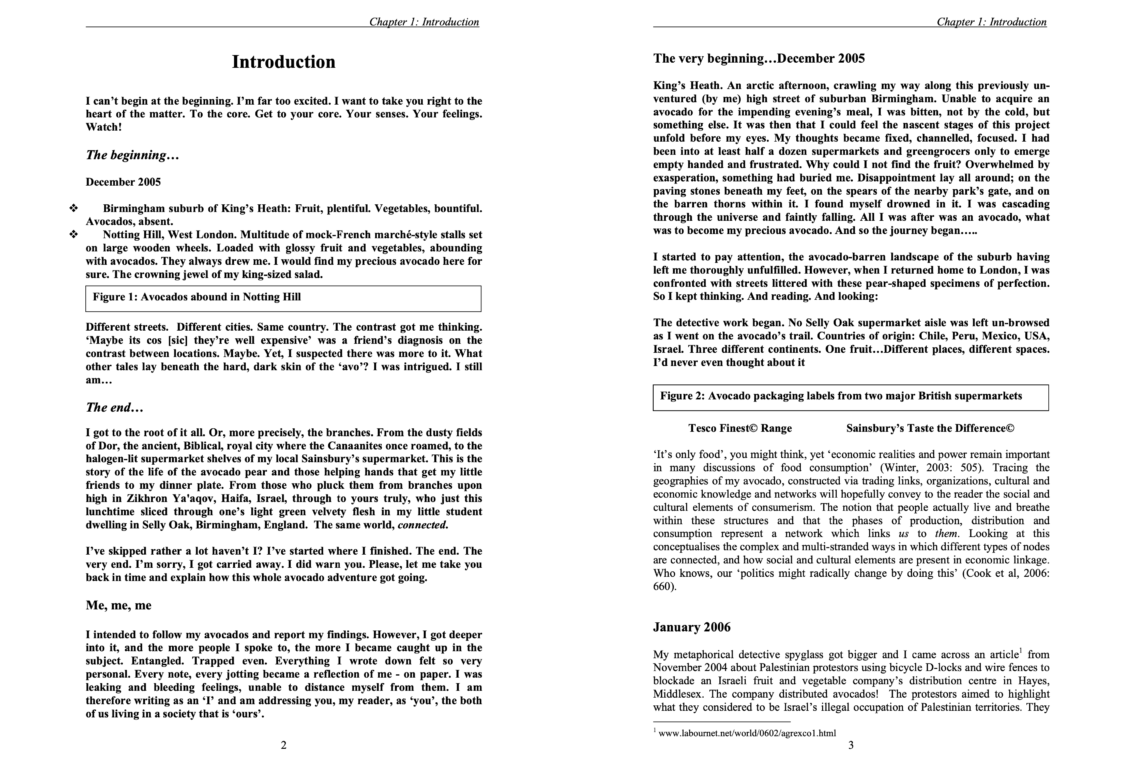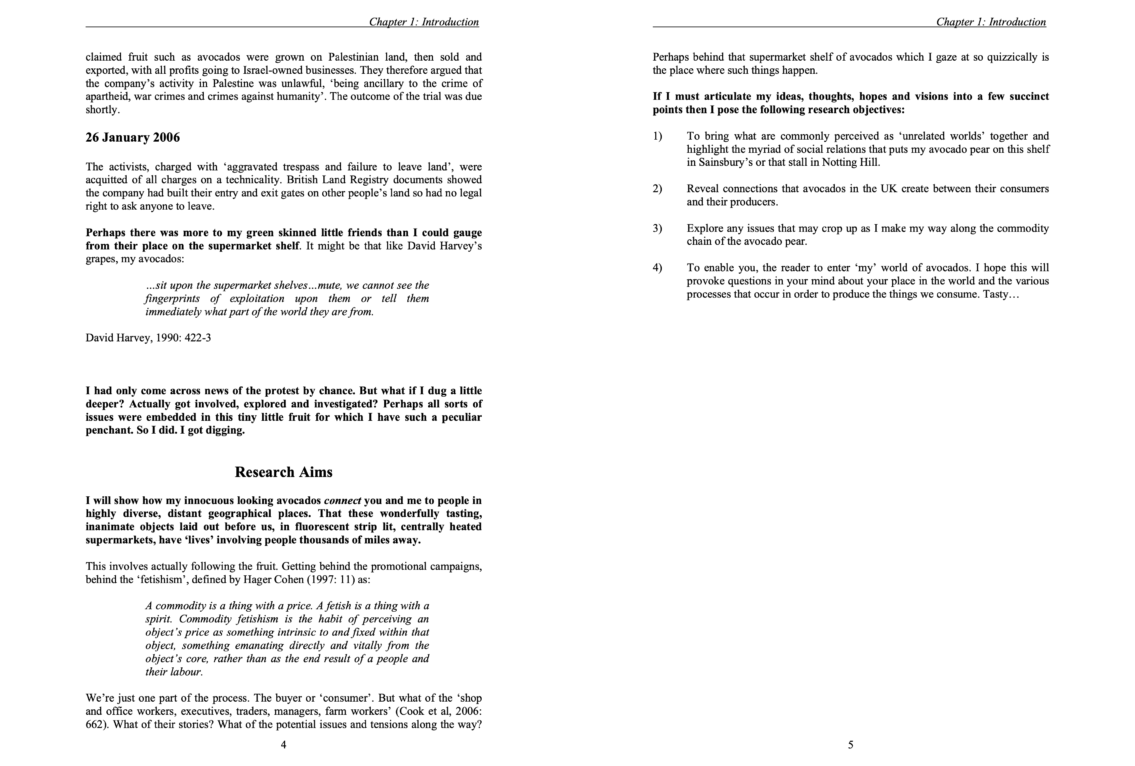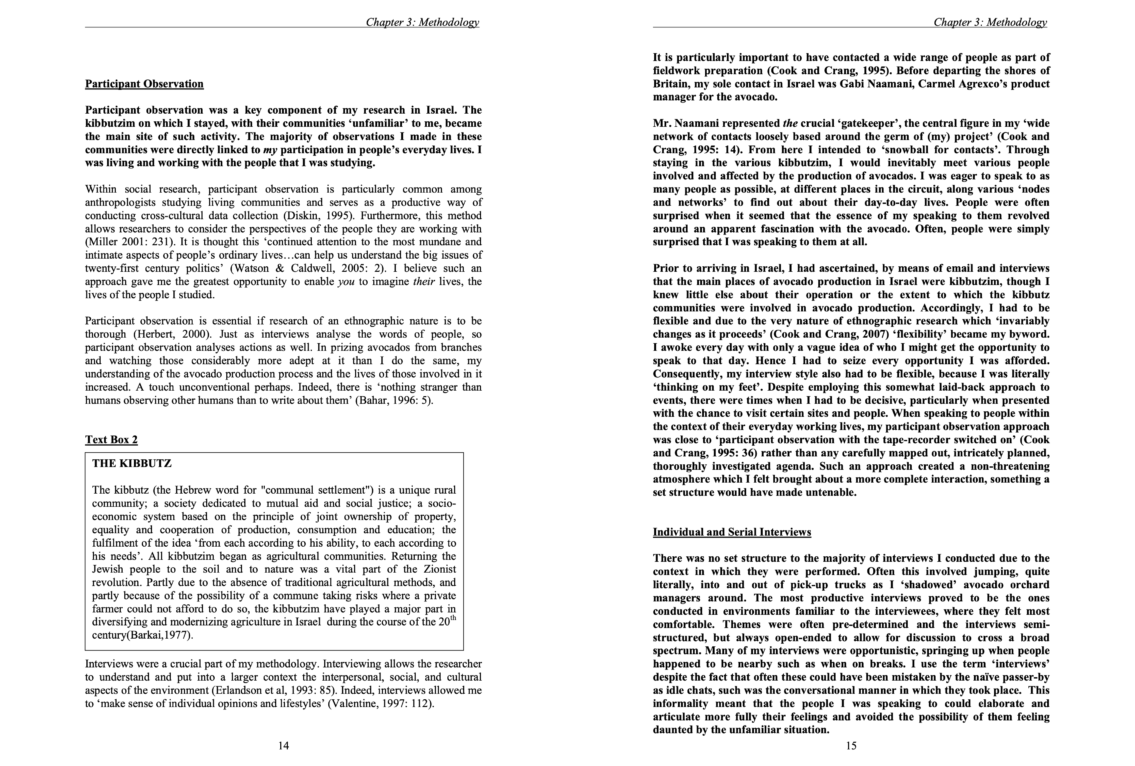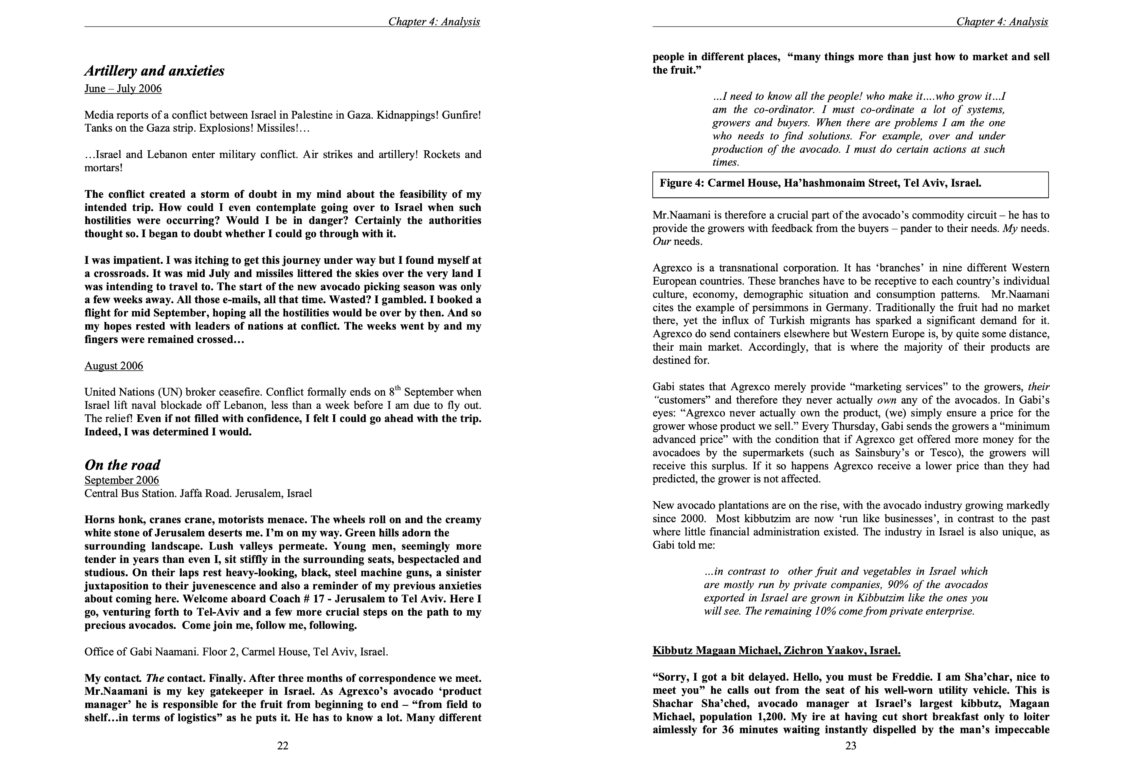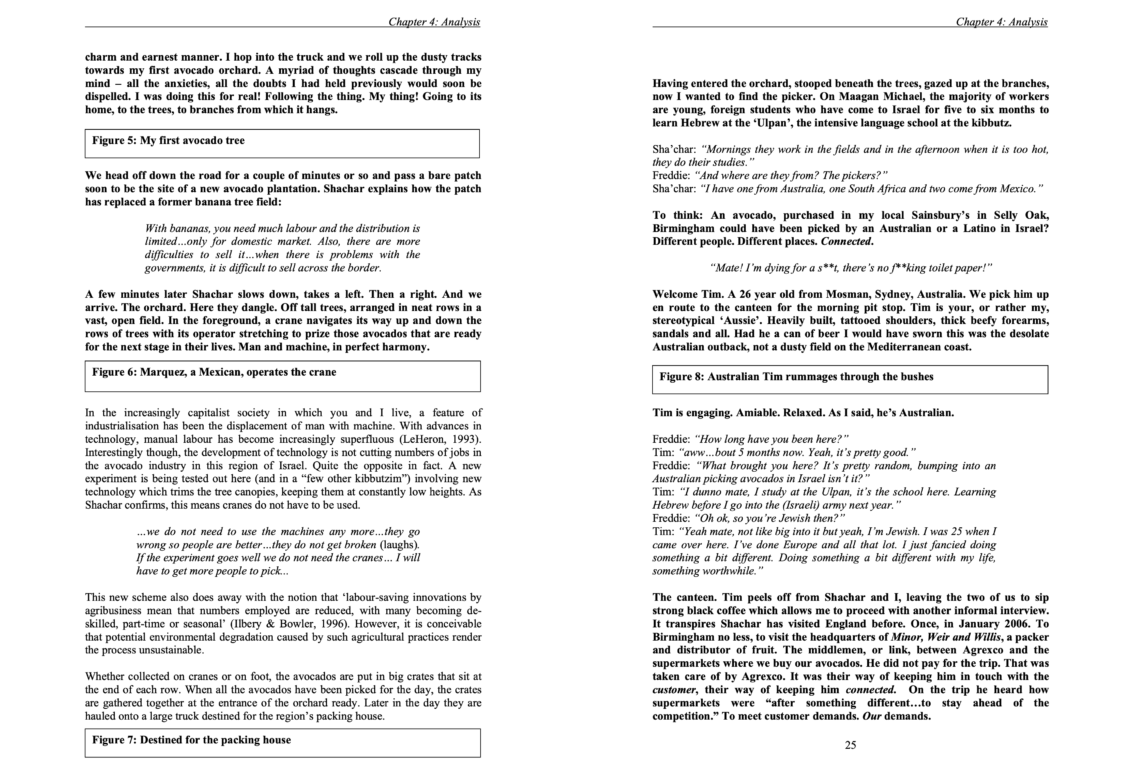“Darwin’s Nightmare“
A documentary film directed by Hubert Sauper for Mille et Une Productions.
Trailer embedded above. Search online for streaming options here.
Austrian filmmaker Hubert Sauper examines the effects of a fish that’s been introduced to the African Great Lake Victoria for commercial reasons. They’ve displaced other fish that local people rely upon for their diet and are farmed and flown away on cargo planes to be eaten by Northern consumers. More controversially, some of those planes (allegedly) return full of weapons that fuel civil wars in neighbouring countries. Here, capitalist and colonial logics create a place where Tanzanian fishermen, homeless children, prostitutes, government minsters, Russian pilots, World Bank officials, European Union commissioners live and work together in an ‘ungodly alliance’. Viewers say the film is clever, damaging and racist, and/or artfully depressing. Its director calls it a ‘feel bad’ movie. It’s nominated for an Oscar but loses to a penguin documentary. Northern consumers who love the Omega 3 in fish like Nile Perch start to boycott it, and sales are affected for a while. Darwin’s Nightmare makes Tanzania look terrible. Its government denounces the film, accuses its director of fabricating storylines (e.g the role of this arms trade plays in the spread of HIV), demands that he apologies and pursues the subjects of his film to punish them. Western governments learning about this arms trade from the film put pressure on Tanzania to stop it, and to stop silencing African journalists who have let the world know about it. One journalist criticises the film’s one dimensional portrayal of the hell caused in Tanzania by this fish trade. It’s a mixed picture. So much of its positive effects aren’t included. One critic is sued for calling the film a hoax. There are unprecedented personal attacks on the director, accusing him of acting unethically, threatening him with death and posting fake photos online of him with Saddam Hussein. The main criticism of his film is that it plays to centuries-old Western stereotypes of African savagery and backwardness. Critics say it reveals – but also helps to do – damage to the people of Tanzania. Sauper says he’s not found anything new. All he’s done is joined the dots between well known issues. Between the global arms and food trade, for example. It’s not an out and out activist film. It’s more of a film noir. No solutions are offered. So what responsibility do you have for the impacts of your film noir? Discussions of this film are super-heated.
Page reference: Aparupa Chakravarti & Jeff Bauer (2014) Darwin’s Nightmare. followthethings.com/darwins-nightmare.shtml (last accessed <insert date here>)
Estimated reading time: 93 minutes.
Continue reading Darwin’s Nightmare ![]()


